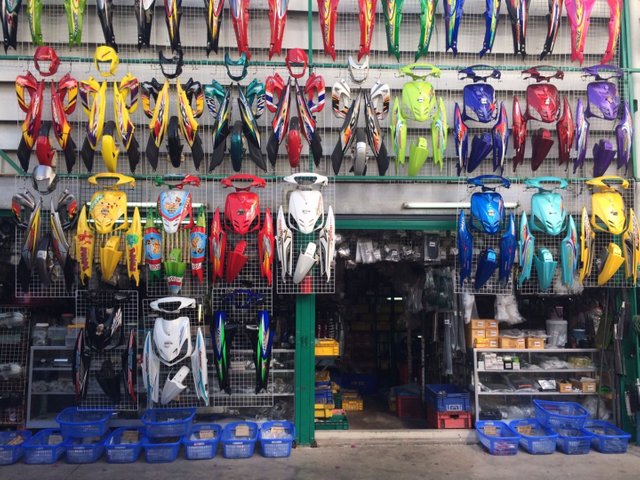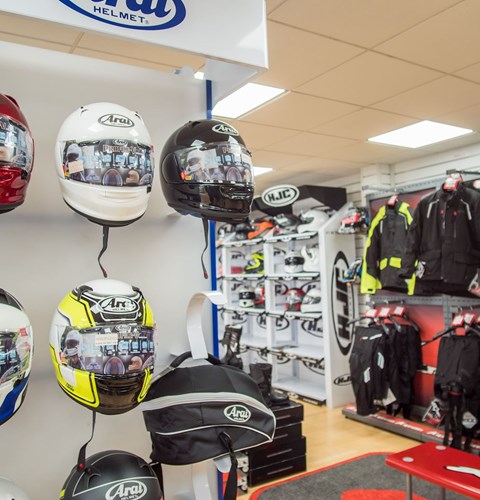Release Efficiency with Premium Motox Parts NZ Available Below
Release Efficiency with Premium Motox Parts NZ Available Below
Blog Article
Understanding Motorcycle Gears: Exactly How to Maximize Your Riding Experience
In the world of motorcycling, understanding the art of gear adjustment is essential for enhancing your riding performance. Appropriately utilizing and recognizing motorbike gears can substantially affect gas, velocity, and control effectiveness, transforming an average adventure right into a seamless, electrifying journey. By incorporating exact shift timing and adapting equipment option to numerous road conditions, riders can make certain optimum engine efficiency and security. The subtleties of clutch control, throttle control, and gear mechanics bid a much deeper exploration, promising to open the full possibility of your machine. How can these techniques be harnessed to absolutely enhance your riding experience?
Understanding Gear Mechanics
How do the intricacies of equipment mechanics affect bike efficiency? At the core of motorcycle dynamics, equipment mechanics play a critical role in converting engine power right into movement, inevitably dictating speed and control. Gears, meticulously crafted parts, enable riders to maximize torque and rate, ensuring a smooth shift with different terrains and speeds. The gear ratios, meticulously developed, figure out the relationship in between engine changes and wheel turns, impacting velocity and gas effectiveness.
Recognizing gear mechanics starts with recognizing the significance of the transmission, which houses numerous gears of differing sizes. These equipments interact with a procedure referred to as meshing, where teeth of various gears engage to transmit power. The precision of this interaction is essential; any imbalance or damages can bring about ineffective power transfer, preventing performance. Additionally, the setup and dimension of gears affect the bike's capability to take care of various tons and speeds.
In addition, the idea of equipment changing is important to taking full advantage of performance. Smooth and prompt shifts make certain that the engine operates within its ideal power band, avoiding unneeded strain and boosting durability (motorcycle parts nz). By comprehending these mechanical intricacies, bikers can attain an unified mix of power, efficiency, and control, boosting their riding experience
Timing Your Changes
Change timing proficiency is essential for optimizing motorcycle performance and enhancing the riding experience. Properly timed shifts ensure that the engine runs within its optimum power band, which is important for preserving control, achieving smooth velocity, and making sure the durability of the motorbike. Bikers have to establish an user-friendly sense of when to shift gears, which involves recognizing the partnership in between engine transformations per minute (RPM) and rate.
To grasp change timing, pay attention to the engine's audio and feel, as these provide essential hints about when to transform gears. The optimal shift factor normally takes place when the engine comes close to the top series of its power band without reaching the redline. Changing too early can cause an absence of power, while changing far too late may cause unnecessary engine pressure
In addition, roadway problems and riding design influence shift timing. In metropolitan setups, smoother and much more frequent shifts might be necessary to navigate traffic effectively. In comparison, during freeway riding, less shifts at higher rates can be better suited. Exercising in varied atmospheres will certainly enhance your capability to time changes precisely, eventually boosting your riding experience to a professional level.
Enhancing Fuel Efficiency
While grasping motorbike gears is essential for performance, improving gas performance is equally essential for both environmental and economic factors. Optimum gas intake not only minimizes functional expenses however likewise reduces the environmental footprint of riding. To achieve this, one must recognize the complex partnership in between his response equipment selection and engine efficiency.
Riding in a higher equipment at lower rates can lead to engine carrying, which is destructive to both fuel economic situation and engine health. On the other hand, riding in reduced gears at high speeds results in unneeded gas consumption.
In addition, normal maintenance plays a critical duty in gas effectiveness. Guaranteeing that the motorbike is well-tuned, with tidy air filters and correctly blew up tires, can lower and boost the rules of aerodynamics fuel wastefulness. Embracing a riding style that embraces gradual acceleration and smooth slowdown can contribute to far better gas economic situation.

Methods for Smooth Transitions
Attaining smooth equipment shifts is basic to enhancing the riding experience and ensuring the longevity of a motorbike's transmission system. Correct equipment moving not only adds to a smooth trip but also minimizes deterioration on the mechanical elements. To grasp the art of smooth transitions, motorcyclists need to concentrate on a few vital strategies.

Second of all, clutch control plays an essential function. Engaging and disengaging the clutch efficiently calls for method. The clutch lever need to be launched gradually, enabling a seamless transfer of power from the engine to the wheels without creating a jolt or abrupt motion.

Adapting to Road Conditions
Navigating diverse roadway conditions is a crucial skill for any type of motorcyclist aiming to maintain control and security. Whether you're riding on damp surface areas, gravel roadways, or browsing sharp turns, your capability to adapt your gear use and riding method is vital. Comprehending exactly how to adjust your equipments properly can considerably impact traction and security, making certain a much safer trip.
In contrast, when riding on crushed rock or unequal terrain, lower equipments are more effective. Reduced gears give much better control and allow you to respond even more swiftly to unexpected adjustments in the road surface.
Sharp contours demand accurate equipment management to stabilize speed and control. Downshifting prior to entering a curve can aid maintain momentum while ensuring the motorcycle stays secure throughout the turn. Consistent method in diverse conditions improves your capacity to react and forecast to changes in road structure and slope.
Final Thought
Understanding bike equipments dramatically boosts the riding experience by boosting fuel, acceleration, and control effectiveness. A complete understanding of gear mechanics and precise change timing ensures the engine operates within its optimal power band, while smooth transitions through reliable clutch and throttle control boost convenience and efficiency. Adapting equipment choice to different roadway conditions, such as using greater gears on damp surfaces and lower gears on gravel, additional improves handling and safety. Inevitably, these skills raise the general trip.
Recognizing equipment technicians starts with acknowledging the importance of the gearbox, which houses multiple gears of varying sizes. These equipments interact via a procedure known as meshing, where teeth of various equipments engage to transfer power (motocross gear nz). Mild changes to the throttle during equipment shifts can prevent jerky movements and maintain a regular riding rate
Whether you're riding on wet surfaces, gravel roads, or browsing sharp turns, your capability to adapt your equipment use and riding technique is critical. Adapting gear option to various roadway conditions, such as making use of higher equipments on wet surface areas and reduced gears on crushed rock, additional boosts handling and security.
Report this page